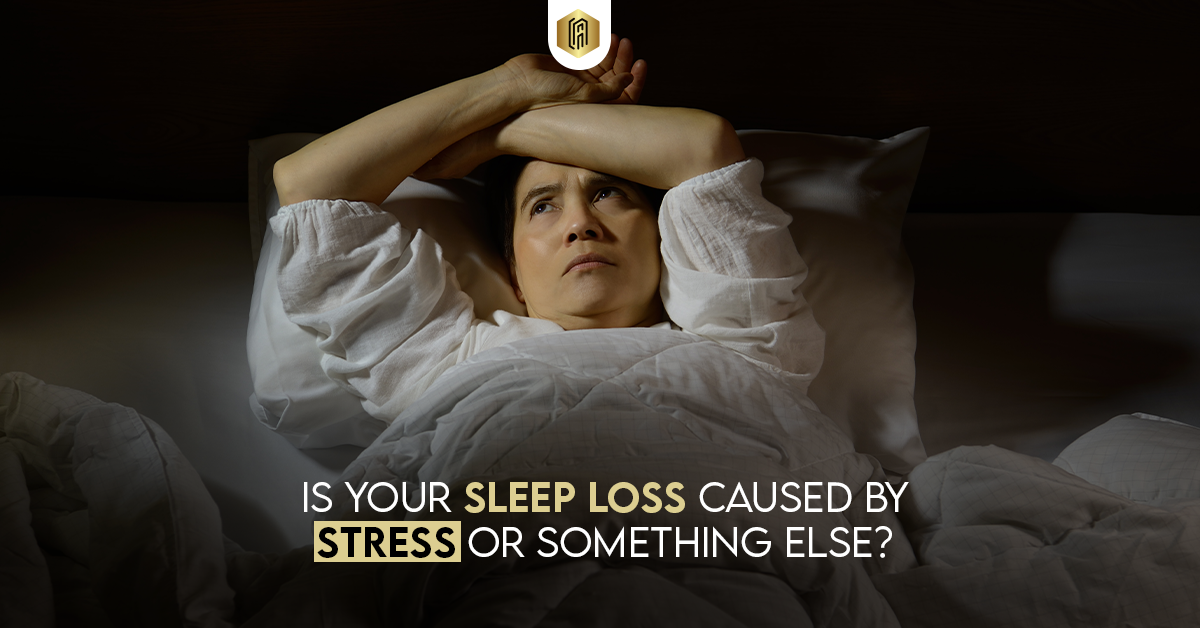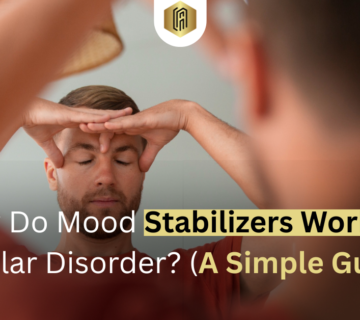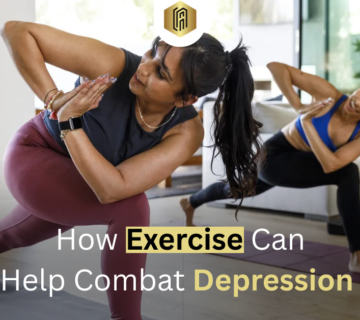Good sleep is the foundation of a healthy life, yet millions struggle to get quality rest daily.
If you have trouble sleeping at night or wake up tired, finding the real cause of your sleep loss is essential.
At Ascension Psychiatric Services, we know how much sleep deprivation can affect your journey. We provide treatment plans to help you get to the root of your sleep issues.
Let’s explore: Is your sleep loss caused by stress or something else?
What Is Sleep Loss?
Sleep loss refers to consistently having under 7 to 9 hours of rest, the duration adults must have to avoid tiredness, limited thought processes, and reduced immunity.
Signs of sleep loss include:
- Feeling sleepy during the day
- Trouble focusing
- Feeling upset or sad
- Waking up many times at night
- Difficulty falling asleep when tired
At Ascension Psychiatric Services, we help you determine why this is happening and how to break the cycle.
Can Stress Cause Sleep Loss?
Stress is one of the most common causes of insomnia and sleep loss. Cortisol is the primary stress hormone released by our body under pressure. The high cortisol levels make the brain more alert, disrupting the natural sleep cycle and waking up.
Signs your sleep loss is due to stress:
- Racing thoughts before bed
- Muscle strain or muscle tension
- Development of a faster heart rate or anxiety
- Not being able to sleep or having night awakenings
- Getting up too early and failing to go back to sleep
Our expert team at Ascension Psychiatric Services, under the leadership of Anthony J. Hall, MSN, APRN, PMHNP-BC, is board-certified and has expertise in identifying and treating stress-caused insomnia.
What If It’s Not Stress?
Sometimes, sleep problems are not caused by stress at all. Here are other common causes of sleep loss:
Sleep Disorders
Some people have sleep disorders that disrupt their standard sleep patterns. There are three main types:
- Insomnia: Trouble sleeping
- Sleep Apnea: Breathing stops and starts during sleep
- Restless Legs Syndrome: Legs feel jumpy or uncomfortable at night
At Ascension Psychiatric Services, we perform complete psychiatric assessments to rule out or endorse such conditions.
Poor Sleep Habits
Your daily habits can hurt your sleep. It is called poor sleep hygiene. Here are some examples:
- Using your phone or watching TV in bed
- Drinking caffeine or energy drinks before bed
- Going to bed at different times every night
- Taking naps too late in the day
At Ascension Psychiatric Services, our team can offer behavioral and lifestyle counseling to reshape these habits. Changing these habits can help you sleep better.
Diet and Stomach Issues
Consuming rich or zesty dishes late at night can disturb your stomach and prevent you from sleeping.
Also, acid reflux or irritable bowel syndrome (IBS) gets aggravated if a person is lying down. Try to eat lighter meals and avoid food intake at least two hours before bedtime.
Mental Health Issues
Sleep loss may be caused by problems such as anxiety or depression. When your head is crowded with care or sorrow, you cannot repose. You can get up at the wrong time in the morning or develop night terrors.
Speaking to a therapist or medical practitioner would make you feel better and sleep better. Ascension Psychiatric Services includes medication management and psychotherapy to support your emotional well-being.
Hormone Changes
Sleep can be affected by a change in hormones due to pregnancy, menopause, puberty, and aging.
At Ascension, we also focus on PMDD and gender identity-related health aspects, which may be linked with hormonal changes.
Medical Conditions
Some health problems can lead to sleep loss:
- Chronic pain (like back pain or arthritis)
- Asthma or breathing issues
- Thyroid problems
- Diabetes
Talking to a doctor is a good idea if no lifestyle reasons match. At Ascension Psychiatric Services, we’ll help coordinate psychiatric support with your healthcare team.
How Can You Tell the Real Cause?
Ask yourself:
- Am I stressed or anxious at bedtime?
- Do I use electronics late at night?
- Have I had any major life changes recently?
- Do I have physical symptoms or pain at night?
- Do I snore or wake up gasping?
If you answered “yes” to any of these, it may be time to consult a provider.
At Ascension Psychiatric Services, we offer complete psychiatric assessments to uncover the root of your sleep loss.
Simple Tips to Sleep Better
Make a few minor changes to get better sleep:
-
Set a Bedtime Routine
Sleep tight and wake up at the same time daily, even on weekends.
-
Turn off Your Screens
Power down your mobile, TVs, and tablets for at least an hour before bedtime.
-
Restful Space Construction
Calm, dark, and quiet in your bedroom. Make use of soft bedding and reduce distraction.
-
Watch Your Diet
Skip heavy meals and caffeine after 6 pm.
-
Practice Calm Before Bed
Do something to relax, such as:
- Reading
- Gentle stretching
- Taking a warm bath
- Deep breathing
These minor adjustments will prepare you for a good night’s sleep.
When to Get Help
If you’ve tried lifestyle changes and your sleep hasn’t improved after two weeks, it’s time to schedule a consultation. At Ascension Psychiatric Services, our team is ready to help diagnose:
- Primary insomnia
- Anxiety-related sleep disturbances
- Medical or psychiatric contributors
- Trauma-related sleep loss (including PTSD)
We will develop a customized strategy that will allow you to restore your nights and health.
Final Thought: Is Your Sleep Loss Caused by Stress or Something Else?
Stress is one of the major causes of failure to sleep, but other issues worsen the situation. Sleep is necessary.
If stress, psychological health concerns, or life choices impact your rest, Ascension Psychiatric Services can assist. We provide virtual psychiatric care for insomnia and other mental health issues.
Our services are available in Florida, Georgia, Maryland, Oregon, and Washington, DC. For more information, visit our Google Business Profile or contact us directly.
FAQs
Q: Can sleep deprivation raise the level of stress?
Yes! During poor sleep, cortisol levels increase, which gives a vicious cycle of greater stress and even poorer sleep.
Q: Do naps provide relief from losing sleep due to stress?
Short naps can facilitate sleep loss due to stress, yet prevent the long naps and naps taken late, as this will interfere with the subsequent night’s sleep.






No comment